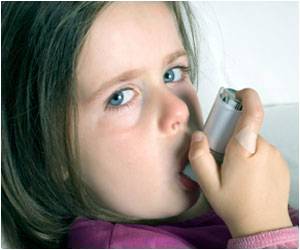The relationship between stress and performance follows a Goldilocks model: Both function best when the level of stress is not too much, nor too little.

"When you're taking a test, for example, it helps to be a little bit anxious so you don't just blow it off," said co-author Emily Bray, professor, University of Pennsylvania. "But if you're too nervous, even if you study and know the material really well, you aren't going to perform at your best," Bray said in Animal Cognition.
The team wanted to find out if the conditions that enable certain animals to do their best also depend on the animal's underlying temperament. They challenged dogs to retrieve a meat jerky treat from a person standing behind a clear plastic barrier.
To get it right, the dogs had to resist the impulse to try to take the shortest path to reach the treat and instead walk around the barrier to one of the open sides. "The service dogs were generally more cool in the face of stress or distraction, whereas the pet dogs tended to be more excitable and high-strung," Bray said.
For the dogs that were naturally calm and laid-back -- measured by how quickly they tended to wag their tails -- increasing the level of excitement and urgency boosted their ability to stay on task and get the treat. "Adding more excitement pushed the pet dogs over the edge and impaired their ability to perform at their peak," Bray added.
Source-IANS















